Aside from the immense challenges of battling cancer, young survivors face a unique set of hurdles as they navigate through their adolescent years and beyond. Dr. Allison Rosenthal, a dedicated medical professional whose own encounter with leukemia during her time in medical school fueled her passion for combating cancer, sheds light on the complexities faced by individuals under 40 who are fighting this disease.
As a key figure at the Mayo Clinic Comprehensive Cancer Center in the United States, Dr. Rosenthal leads an initiative to provide tailored care and support for younger adults and older teens grappling with cancer. Reflecting on her mission, she shares, “I have a very big passion and motivation to take care of our younger cancer patients…These are some of the people who need the most support after treatment.”
In recent years, advancements in cancer treatments have significantly increased survival rates for many types of cancers prevalent among young individuals. Despite these positive developments, completing treatment does not mark the end of a young person’s journey with cancer. Dr. Rosenthal emphasizes that survivorship brings its own set of challenges that can impact emotional well-being and physical health for decades to come.
Dr. Rosenthal underscores that transitioning from pediatric care to adult care during late teens and early adulthood is already rife with changes and uncertainties even without facing a health crisis like cancer. Recognizing these struggles, the adolescent and young adult cancer program at Mayo Clinic strives to cater to the unique needs of this demographic for better outcomes.
Dr. Rosenthal notes that feedback from patients is instrumental in shaping the program’s focus areas. She explains, “We’ve tried to prioritize what we’re working on based on the feedback we’re getting from our patients who are in the midst of this experience.” Three key topics often at the forefront for young survivors are wellness behaviors and exercise, seeking connection and support from peers going through similar experiences, and addressing concerns about sexual health and relationships.
Furthermore, conversations around fertility preservation post-cancer treatment emerge as crucial discussions within this population. The Adolescent and Young Adult Cancer Program also places emphasis on advance care planning—an essential aspect that can empower young individuals facing advanced cancers to voice their preferences regarding their care.
Taking a holistic approach towards patient care, Mayo Clinic’s program involves various specialists ranging from oncologists to social workers aiming to ensure long-term survivorship is accompanied by an enhanced quality of life. Dr. Rosenthal stresses, “Long-term outcomes, survivorship, quality of life – all of that is very important.”
By providing comprehensive support encompassing physical well-being alongside emotional and psychological aspects,
Mayo Clinic aims to equip young survivors with resources necessary for navigating life beyond cancer diagnosis successfully.
Ultimately,
the journey doesn’t end when treatment does—it’s about empowering these resilient individuals
to thrive emotionally,
mentally,
and physically long after surviving cancer.



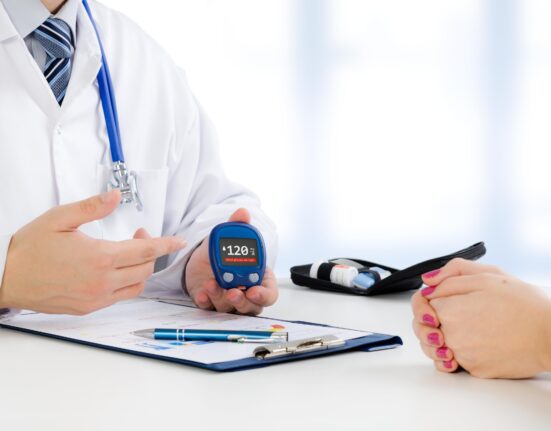

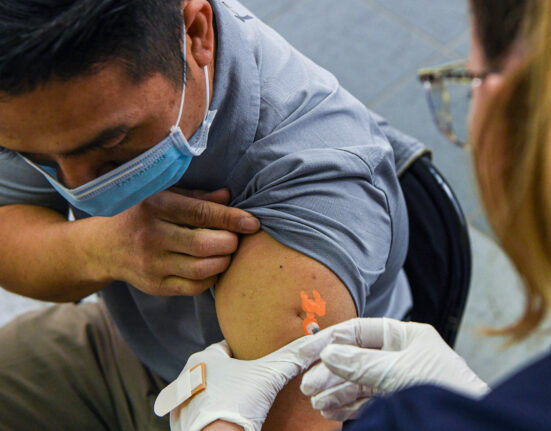
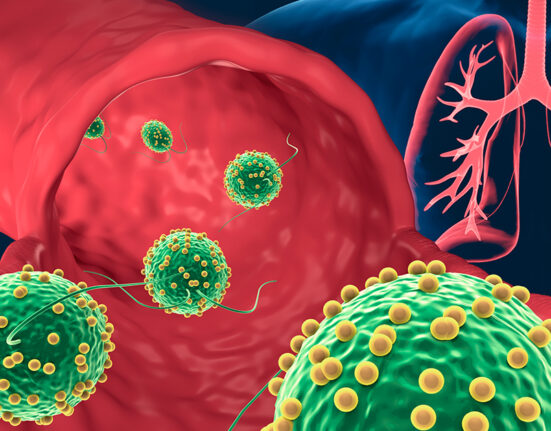
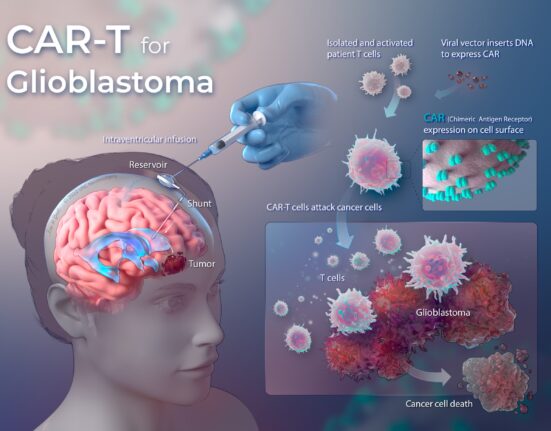
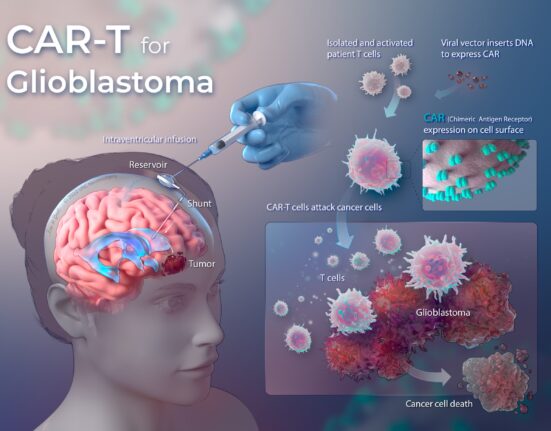
Leave feedback about this